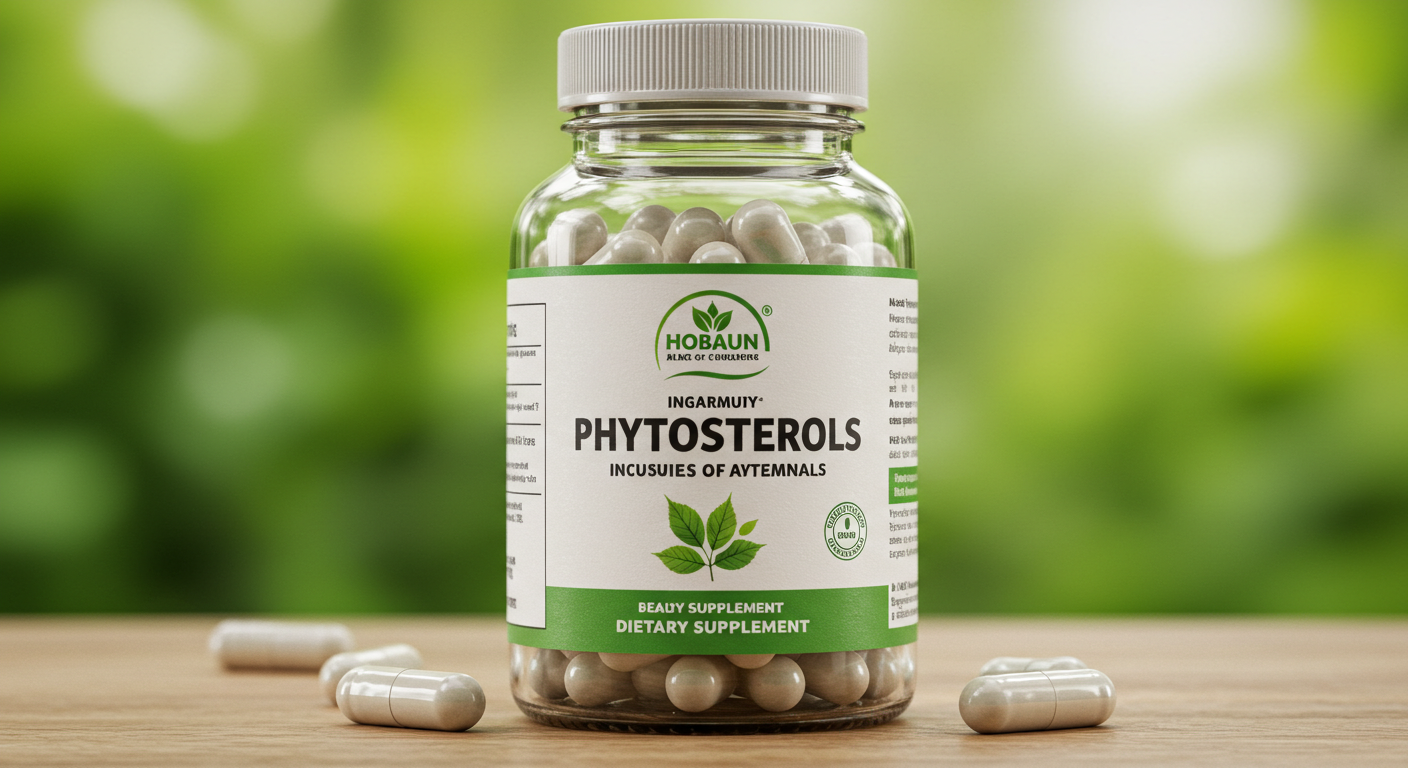Dr. Kumar’s Take:
Plant sterols and stanols are natural compounds found in certain foods that can lower LDL cholesterol by about 10% when taken at recommended doses. While this sounds promising, there is no strong evidence that they actually reduce the risk of heart attacks or strokes. Some recent genetic studies even suggest that in certain people, high levels of plant sterols in the blood could increase heart disease risk. If you’re generally healthy and not on medication, sterol-fortified foods might help bring your LDL down. But if you’re at high risk for heart disease, it’s best to talk to your doctor before supplementing with plant sterols.
Key Takeaways:
✔ 2 grams/day of plant sterols or stanols can lower LDL by 6–12%.
✔ They work best when taken with meals that contain fat.
✔ There is no strong proof that they reduce heart attacks or strokes.
✔ High levels in the blood might be risky in some people.
✔ Best used in low-risk people who are not on statins.
Brief Summary:
This review article looked at many studies on plant sterols and stanols, which are often added to margarines, yogurts, and supplements. While they are effective at lowering LDL cholesterol, there is no clear proof they prevent heart disease. In fact, some studies show that high blood levels of these compounds might be linked to artery damage, especially in people with certain genetic traits. The authors suggest sterol-enriched foods can be useful in people who don’t need medications yet, but they should not replace statins or other proven treatments.
Study Design:
This was a review article, meaning it did not run new experiments but summarized data from dozens of previous studies, including clinical trials, observational studies, animal studies, and genetic research. The authors focused on how plant sterols and stanols affect cholesterol, blood sugar, and heart disease outcomes.
Results:
✔ LDL Cholesterol: Most studies show a 6–12% reduction with 2 g/day sterol intake. The effect plateaus at doses above 3 g/day.
✔ Triglycerides & HDL: Minor or no effects.
✔ Blood Sugar: Some small improvements in glucose and insulin levels in people with mild blood sugar issues.
✔ Atherosclerosis (Artery Plaque): Results are mixed. Some animal studies show improvement, others show possible harm.
✔ Heart Disease Events: No clinical trials have shown that plant sterols lower heart attack or stroke risk.
How Plant Sterols Work
Plant sterols and stanols are similar to cholesterol. When you eat them, they compete with cholesterol in your gut, blocking some of it from being absorbed. This lowers the amount of cholesterol in your blood, especially LDL.
However, a small amount of plant sterols still gets into your blood. In rare cases (like a genetic condition called sitosterolemia), these levels can become dangerously high and may contribute to heart disease.
Related Studies and Research
Red Yeast Rice and Metabolic Syndrome – Investigates how red yeast rice affects lipid levels and metabolic markers in people with metabolic syndrome.
Ezetimibe and Heart Disease: A Review – Examines how ezetimibe lowers LDL cholesterol and its effect on cardiovascular outcomes.
Fibrates and Cardiovascular Risk Reduction – Explores the role of fibrates in lipid management and their effect on heart disease risk.
Fiber and Heart Disease Risk – Analyzes the role of dietary fiber in cardiovascular health and cholesterol reduction.
Mediterranean vs. Low-Fat Diets for Heart Health – Compares the cardiovascular effects of Mediterranean and low-fat dietary patterns.
Linoleic Acid and Heart Disease – Examines the role of linoleic acid in cardiovascular risk and inflammation.
Frequently Asked Questions
Should I take plant sterols if I have high cholesterol?
No. You will get a small amount of sterols by eating a whole food diet which has many whole body benefits. But, given the lack of data and possible dangers, there is not enough evidence to recommend them as supplements.
Are plant sterols safe?
They are generally safe for most people at the recommended dose (2 g/day). But people with rare genetic conditions should avoid them, and more research is needed on long-term effects.
Can I get enough plant sterols from food?
Not likely. Most people only get about 300 mg/day from natural sources like vegetables and nuts. To reach 2 grams, you’d need fortified foods or supplements.
Do they lower triglycerides or raise HDL?
Only slightly, and not consistently. Their main effect is lowering LDL.
Conclusion
Plant sterols and stanols can lower LDL cholesterol, but their ability to prevent heart disease remains unclear. They may help people with mild cholesterol problems who are not on medication, but they should not be seen as a substitute for statins or a healthy lifestyle. If you’re thinking about using them, talk with your doctor—especially if you have a family history of early heart disease.


